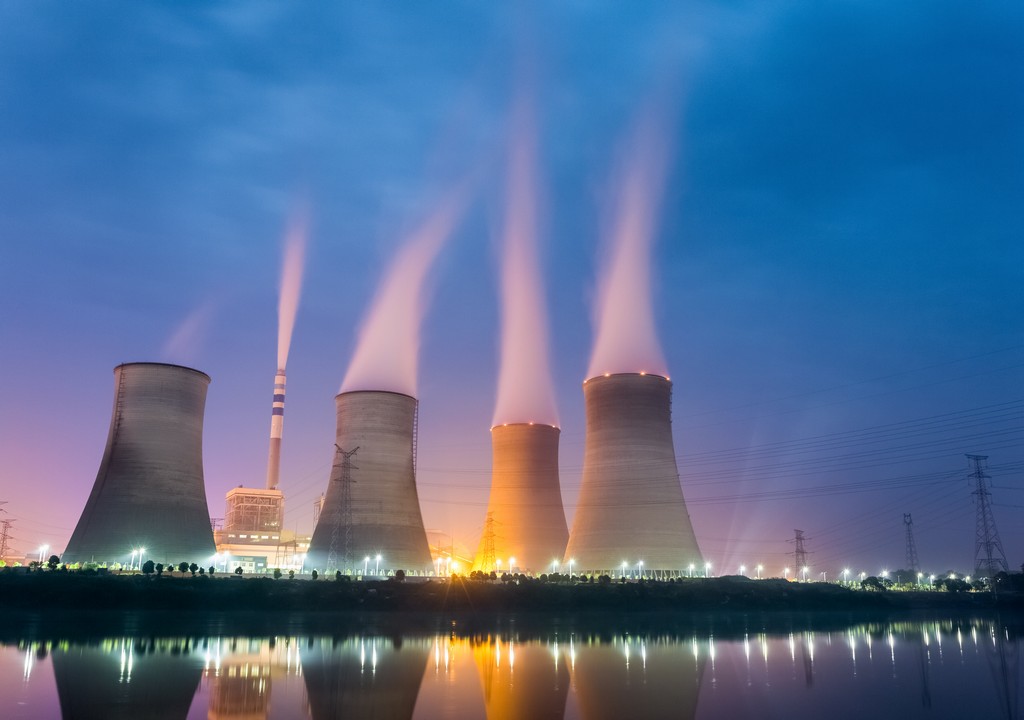Think Tanks: Du30’s nuke policy “too late”
- March 4, 2022
- 0

Think tank groups think that it’s too late for Pres. Rodrigo Duterte to make the Nuclear Energy Program (NEP) a reality with just under four months left in his term.
In a report by The Philippine Star, Infrawatch PH convenor and former partylist congressman Atty. Terry Ridon said that the public cannot expect any new agreements or programs following Duterte’s signing of Executive Order (EO) No. 164 on Monday.
Ridon emphasized that the national position for a nuclear energy program comes “a little too late” to achieve real strides both in energy security and other aspects of nuclear technology.
For Ridon, it would be up to the next President whether to include nuclear energy in the future energy mix or not. He added that the next administration should compare the cost of nuclear energy projects with other existing technologies, as well as its environmental impact and the Philippines ’ commitment to the Paris Climate Agreement.
Ridon further emphasized that nuclear energy may not be viable due to comparable costs versus other technologies, and its impacts on different communities and biodiversity.
The Institute of Climate and Sustainable Cities (ICSC), meanwhile, said that nuclear energy is inconsistent with the Department of Energy’s goals to modernize the power sector.
ICSC Executive Director Red Constantino said that pushing for nuclear energy is 50 years too late and is the opposite of modernization. He said that the country should focus on energy sources that rely on flexible and distributed generations like renewable energy projects.
Constantino further stressed that the country has an abundant source of wind, solar, biomass, and hydro sources that remain untapped, adding that nuclear energy will become a “massive economic burden” because of the cost overruns and huge subsidies required in putting up such projects.
The Center for Energy, Ecology, and Development, meanwhile, is worried that the policy may lead to accidents that could turn the Philippines into “the next Chernobyl.”
The EO also called for the conduct of feasibility
Speaking to the media before his motorcade in Balanga City, Moreno said that the BNPP must be closed down and that he would rather turn to renewable energy and natural gas as alternative power sources.
Rivals Vice Pres. Leni Robredo, Sen. Manny Pacquiao, and former Sen. Ferdinand Macros, Jr. have expressed their respective positions on